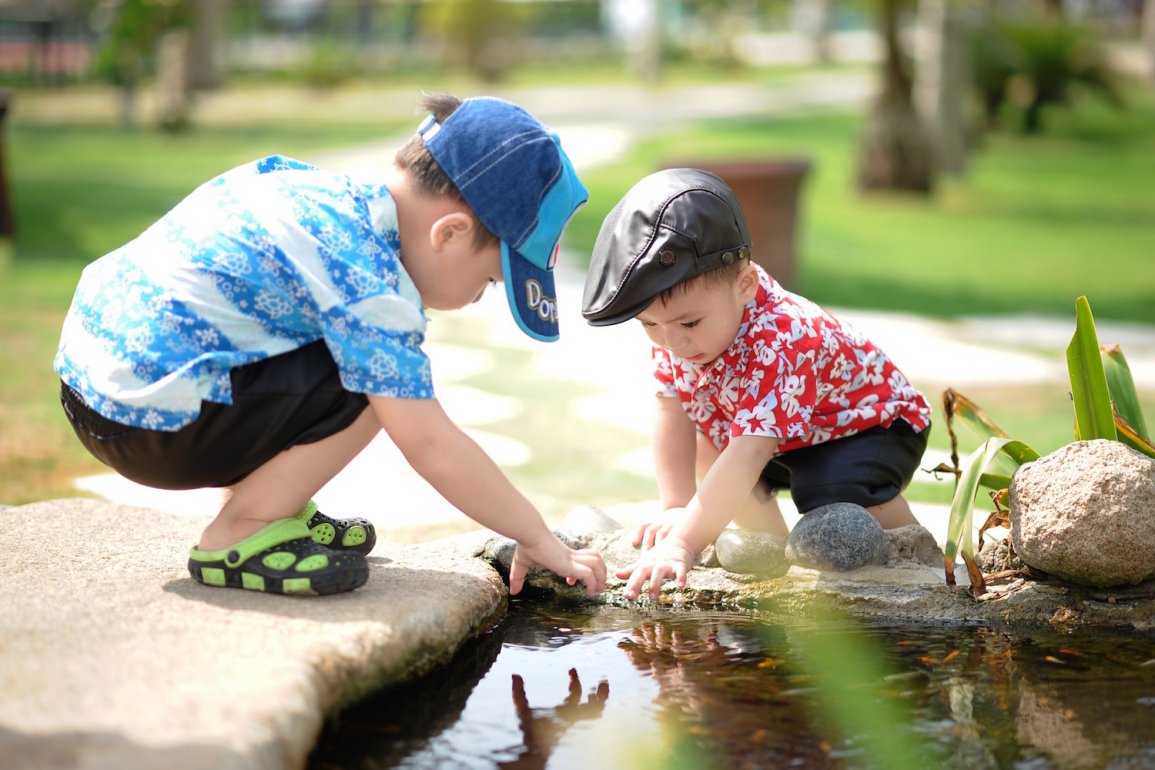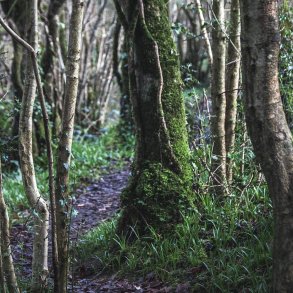By Jules Fell for Enlivening Edge Magazine
When you embark on establishing a Community of Practice, it really helps to sense into who you are being and what you will bring to the field of enquiry. I learned this important lesson from Enlivening Edge’s own George Pór, who introduced me to Communities of Practice along the model of Etienne Wenger’s work (e.g. Communities of Practice; Learning Meaning and Identity).
As I write this, I am sitting in a Sports and Leisure Centre which is bustling with children dressed for various sports: judo, tennis, swimming, gymnastics. I’m reflecting on Communities of Practice in this context and struck by the energy of these young people, and by the supportive, encouraging words of their parents and extended family members, not to mention the time and commitment of those waiting for their youngsters to finish tumbling, throwing, hitting, running, splashing, and diving.
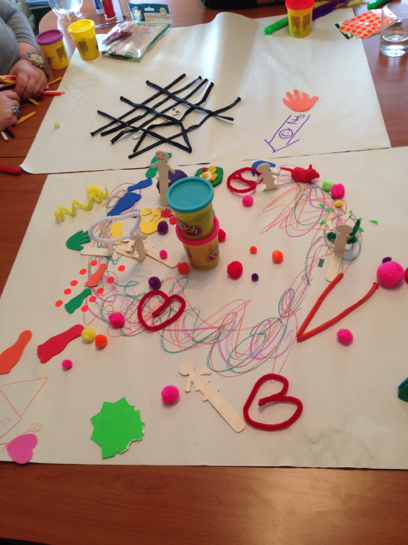
All here are expectant of some improvement, progress, and learning; it’s a hopeful and expectant energy being generated; it’s playful, enjoyable, and exciting. Yet, within this, there is failure. Failing and trying again is just part of the process, another aspect of taking part. No one punishes failure, and many chuckle at the stumbles, mis-hits, and belly-flops in a compassionate way.
There are clearly the very gifted, and there are the less fortunate who desperately want to be better and are just going for it–with diligence, persistence, and fortitude. Their coaches and supporters create discipline, different experiences, and unconditional encouragement. They devise games to teach skills, use analogies to bend minds, and demand experimentation.
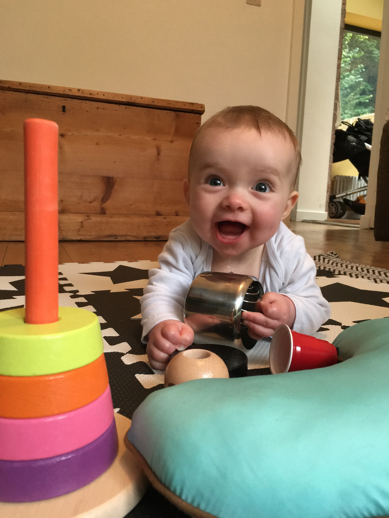
exploration!
Wow! As an approach to Communities of Practice I am seeing how surrendering to the sheer pleasure of exploration, adventure, and coming together is so important. Bringing our whole selves and all our stages of development from child to adult, plus incorporating elements of play, coaching, recognition, and encouragement, are the ways to achieve a qualitatively brilliant community.
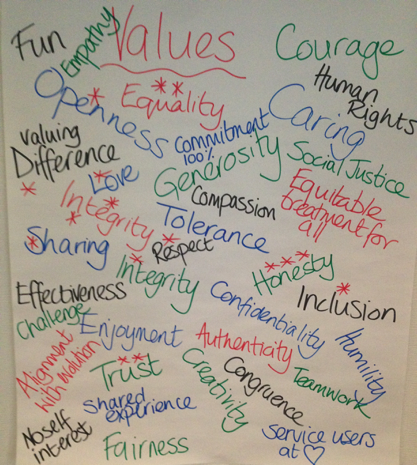
of the Co-Creation Network
I was lucky to be part of the establishment of a “constellation” of Communities of Practice in the health sector in the UK under George’s leadership. As I reflect on how he worked with the group of facilitators who would support the various communities as they formed, he modelled playfulness, experimentation, generative conversation, storytelling, and so much more. He developed a sense of confidence in the convening group who have gone on to be courageous in their creativity, support, and encouragement of the communities. The Co-Creation Network is still going, almost 3 years on, influencing changes at a local level that are attracting interest in other parts of the healthcare system.
Experience tells me that being present to my whole self and bringing everything I have learned throughout my life is what will enrich any community of practice I am part of. Creating the conditions for others to do the same is the greatest gift you can bring when forming a community of practice.
With gratitude to George.
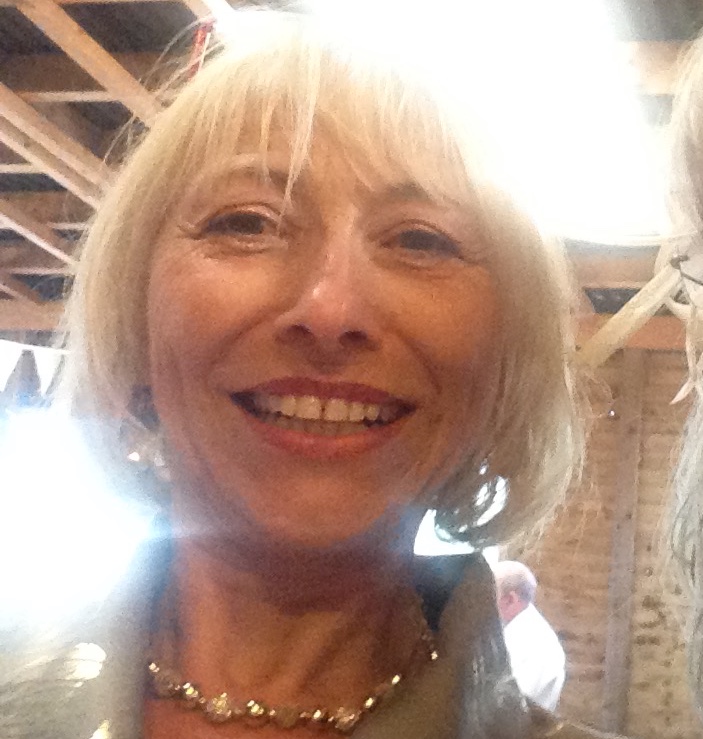
Jules Fell: Parent, grandparent, and ever more curious about the world. Member of Future Considerations, a self-organising global consultancy on a journey with Holacracy. Passions include experiential learning, partnership and collaborative working, reconnecting the best of now with the collective inherited wisdom of past generations.
